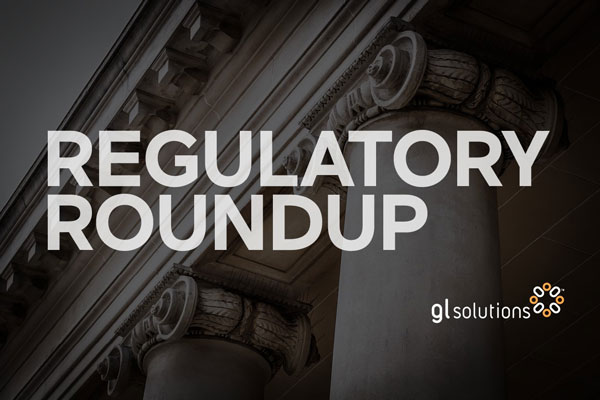New Miss. Law Allows State Board to Probe Officer Misconduct
Mississippi Gov. Tate Reeve signed a bill that gives the state’s officer certification and training board the power to investigate law enforcement misconduct. According to Mississippi Today on May 16, the law “comes in the wake of an investigation by the Mississippi Center for Investigative Reporting at Mississippi Today and The New York Times” into allegations against sheriffs and deputies across the state. The bill enables the Board of Law Enforcement Officer Standards and Training to launch investigations into misconduct.
Universal Licensure Recognition: A Case Study of Montana
New research presents information on the impacts of implementing universal licensure recognition in Montana. Universal licensure recognition: a case study of Montana, published May 16, by the Federal Reserve Bank of Minneapolis, examines the effects of Montana’s 2019 occupational licensing reform. In 2019, Montana reformed relevant law to require a board to license out of state applicants when their original license required “substantially equivalent” education and experience. The researchers observed that: “the full impact of the 2019 reform has taken considerable time to materialize, with each licensing board working through its own individualized process for compliance. … Once boards’ rules are changed to align with the obligation to grant licenses by endorsement for out-of-state applicants, there may be a more readily observable impact.”
Justice Department Says Neb. DHHS Unnecessarily Institutionalizes People with Mental Illness
Concluding an investigation started in 2021, the U.S. Department of Justice concluded that Nebraska unnecessarily institutionalizes adults with mental illness; the DOJ said Nebraska segregates those with serious mental illness in assisted living and day program facilities—a violation of the American with Disabilities Act and the U.S. Supreme Court’s 1999 decision in Olmstead v. L.C. The DHHS agreed to cooperate with the DOJ and pointed to recent steps taken to enhance services, according to the Nebraska Examiner on May 14.
More Regulatory Headlines
With the rise of AI, workforce planning is critical. But many governments don’t do it.
NASCIO Voices: AI, privacy, TikTok and more: federal affairs update with Alex
House bill calls on CISA to form AI task force
OLCC public safety director received rare bourbon
Professional problem: New committee assigned to solve licensing issues in Georgia
States are required to background check child care workers. Many are falling short.
Iowa lawmakers failed to advance nursing home legislation. Why and what’s next?
Time to Modernize
GL Solutions helps your regulatory agency run, grow and adapt through modern software and automation that helps solve your agency’s greatest challenges. To learn more, contact us.
To receive the latest regulatory news delivered to your inbox each week, subscribe to our newsletter.

